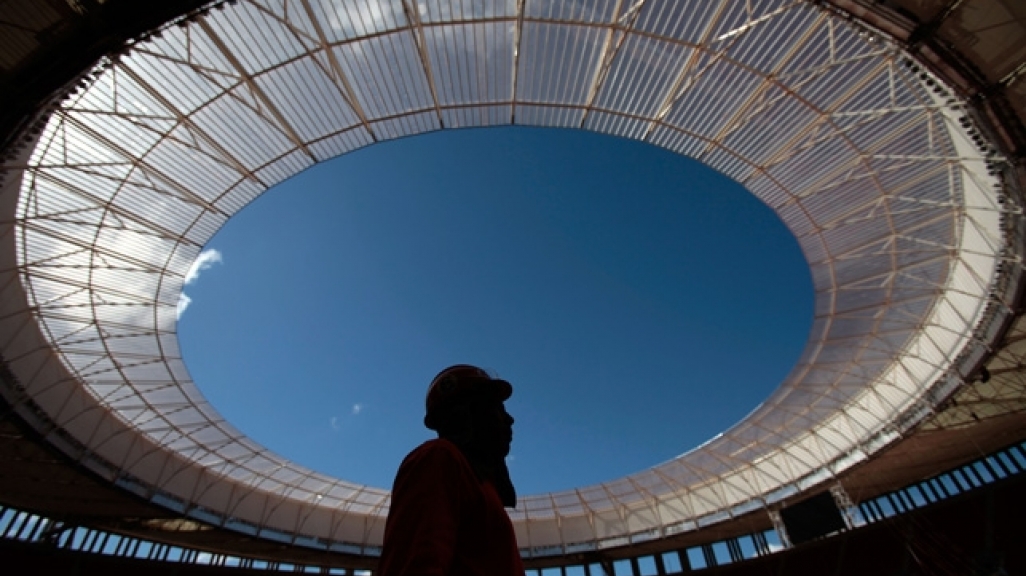Lessons from the World Cup: Brazil and Beyond
Lessons from the World Cup: Brazil and Beyond
Brazil and South Africa demonstrate both the risks and benefits of hosting the mega-event, writes AS/COA’s Richard André for U.S. News & World Report.
In less than a week, the 2014 FIFA World Cup kicks off in Sao Paulo, Brazil, marking the tournament's return to soccer-crazy South America for the first time in 36 years. More than 600,000 foreign tourists are preparing to descend on 12 host cities, as the rest of the world anxiously awaits the month-long fútbol frenzy.
But the feeling among Brazilians is more conflicted. Brazil has struggled to prepare and meet deadlines for the tournament, as the media has been relentlessly reminding everyone. Massive anti-government street protests; delayed construction at several stadia; unfinished transportation infrastructure in Cuiaba, Salvador, Recife, and elsewhere; and striking bus drivers and police forces have all attracted a lot of bad press before the first ball is kicked. Despite politicians' assurances otherwise, the discontent is real: 61 percent of Brazilians view hosting the event as a bad thing because it takes money away from public services like health care and education.
But before we judge Brazil too harshly as a World Cup failure and conclude that developing countries have no business hosting events of this scale, it's important to acknowledge that the benefits of having such nations host the World Cup are real — both to the country itself and to FIFA, the cup's governing body....
Read the full article in U.S. News & World Report's online opinion section.








